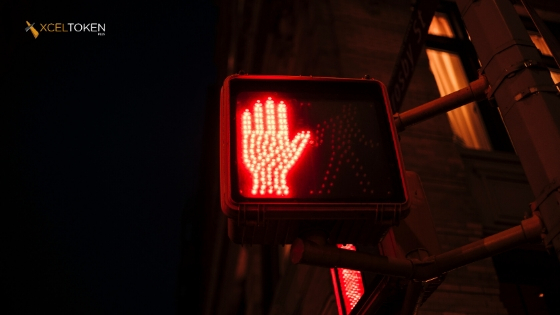Insurance giant Lloyd’s of London now provides a new type of liability insurance policy to protect cryptocurrency in hot wallets that is lost by theft.
Lloyd’s new offering was developed by Lloyd’s syndicate Atrium together with crypto will-focused firm Coincover, with limits from as little as £1,000 ($1,275), Lloyd’s announced on March 2. The policy is also backed by an array of other Lloyd’s insurers, including TMK and Markel, all of whom are members of Lloyd’s Product Innovation Facility.
“It is a new type of liability insurance policy with a dynamic limit that increases or decreases in line with the price changes of crypto assets. This means that the insured will always be indemnified for the underlying value of their managed asset even if this fluctuates over the policy period,” the announcement detailed.

Matthew Greaves, an underwriter at Atrium, noted an increasing demand for insurance for cryptocurrencies due to the popularity of such assets. David Janczewski, CEO of Coincover, commented:
“As the crypto-asset market heats up again at the start of 2020, a new wave of crypto-curious customers are standing by at the ready to jump in, having previously been put off by the lack of adequate protection against theft and loss. With this innovative new policy, we can remove these barriers and broaden the appeal of crypto.”
Lloyd’s is not new to cryptocurrency insurance. Back in August 2019, Lloyd’s began to insure the crypto custody platform Kingdom Trust.
Most recently, news broke that blockchain security firm and crypto wallet service BitGo was planning to provide crypto insurance through Lloyd’s. Within the partnership, Lloyd’s is set to insure up to $100 million of assets held by BitGo or BitGo Trust Company.
The Winklevoss’ Gemini Exchange also launched an insurance company to cover up to $200 million for its institutional-grade crypto custody service, Gemini Custody. This is reportedly the largest amount for any cryptocurrency custody service in the world.

















